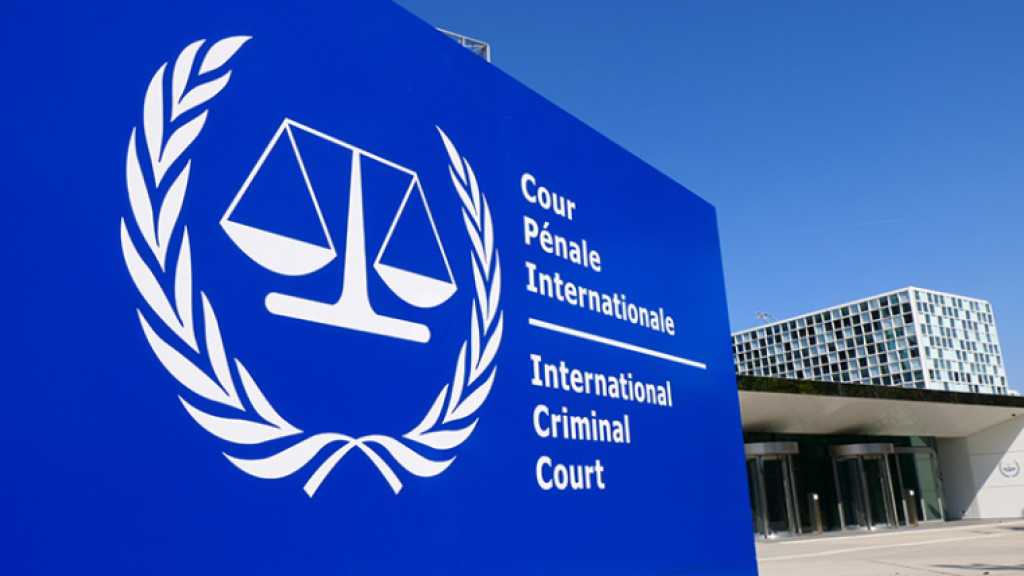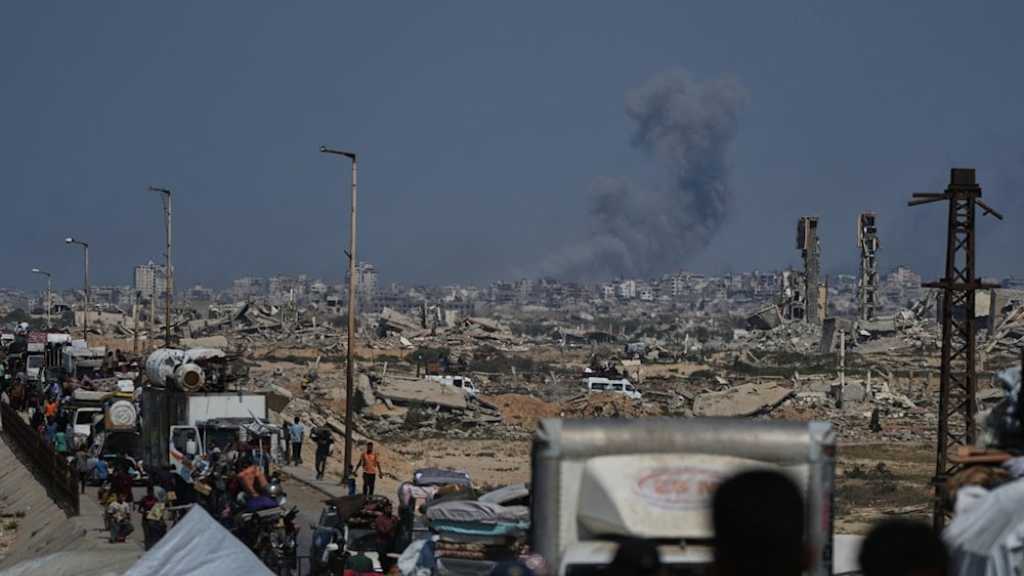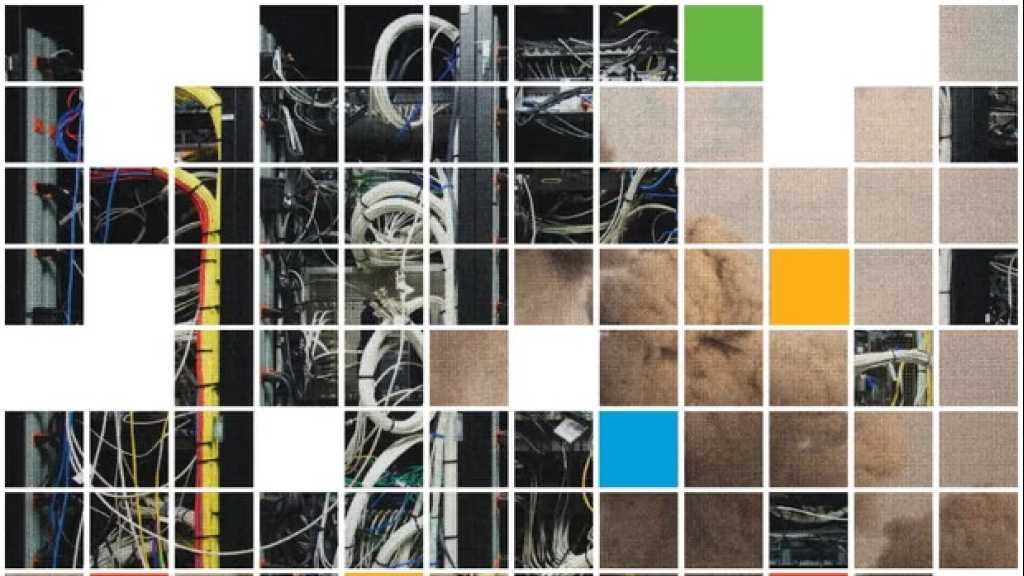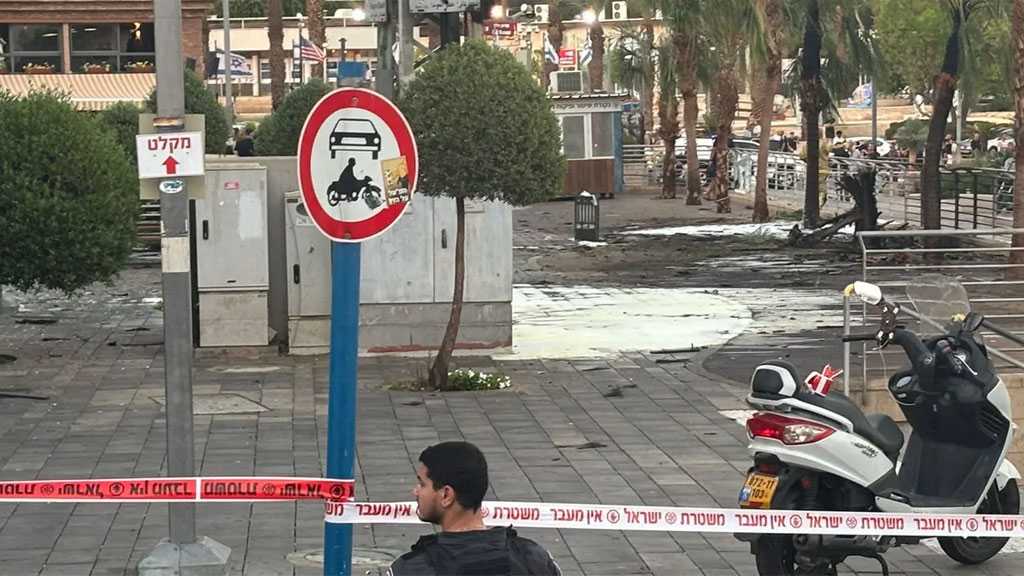ICC Judges Issue Gag Order on Arrest Warrants in “Israeli” War Crimes

By Staff, Agencies
The British Guardian daily unveiled that judges at the International Criminal Court [ICC] have ordered that new arrest warrant applications in the Palestine case remain confidential, barring prosecutor Karim Khan from publicly announcing any upcoming moves.
In a decision issued behind closed doors earlier this month, ICC judges instructed Khan not to reference the existence of warrant applications or his intention to seek them.
The order comes as Khan prepares a new round of applications targeting "Israeli" suspects for war crimes and crimes against humanity committed in the occupied Palestinian territories.
Previously, Khan secured arrest warrants against “Israeli” Prime Minister Benjamin Netanyahu and former Security Minister Yoav Gallant.
Khan’s approach of publicly announcing pending warrant applications has fueled tensions within the ICC. Traditionally, prosecutors maintain confidentiality during investigations to protect witnesses, preserve operational security, and prevent influencing judicial deliberations.
However, in several recent cases — including those involving Myanmar’s military leadership, Afghanistan’s Taliban rulers, and suspects in Sudan’s Darfur region — Khan publicized applications before judicial approval. Sources familiar with the court say the resulting media attention placed undue pressure on the judges handling these cases.
The judges' secret order in the Palestine investigation explicitly prevents Khan from making any references to future arrest warrants unless authorized.
Court officials expect the next round of warrants to focus heavily on crimes in the West Bank, including intensified settler violence and deadly military raids by “Israeli” occupation forces.
The ICC’s Palestine investigation, launched formally in 2021 under Khan’s predecessor, Fatou Bensouda, has gained momentum amid the ongoing “Israeli” genocide in Gaza. In May 2024, Khan sought warrants against senior “Israeli” and Hamas officials, marking a significant escalation in the probe.
The divergence between Khan’s public strategy and standard ICC practice has created friction internally. Court sources indicate that Khan’s decision to announce arrest warrant applications, notably through high-profile media appearances like his CNN interview regarding the Palestine investigation, alarmed senior ICC staff and judges.
This broader concern has reportedly led to similar secrecy orders in other ICC cases beyond Palestine, signaling an institutional effort to curb public disclosures that could influence judicial proceedings.
The international attention on the ICC’s Palestine case underscores the growing scrutiny of violations of international law in the region, as the court navigates balancing transparency, legal integrity, and political pressure.
The ICC has not commented publicly on the recent judicial orders, as per the report.
Comments
- Related News

NYT: ‘Israel’ Leveling Gaza City, Block by Block
one month ago
Microsoft Cuts Off ’Israel’ Over Spy Tech Use
one month ago

